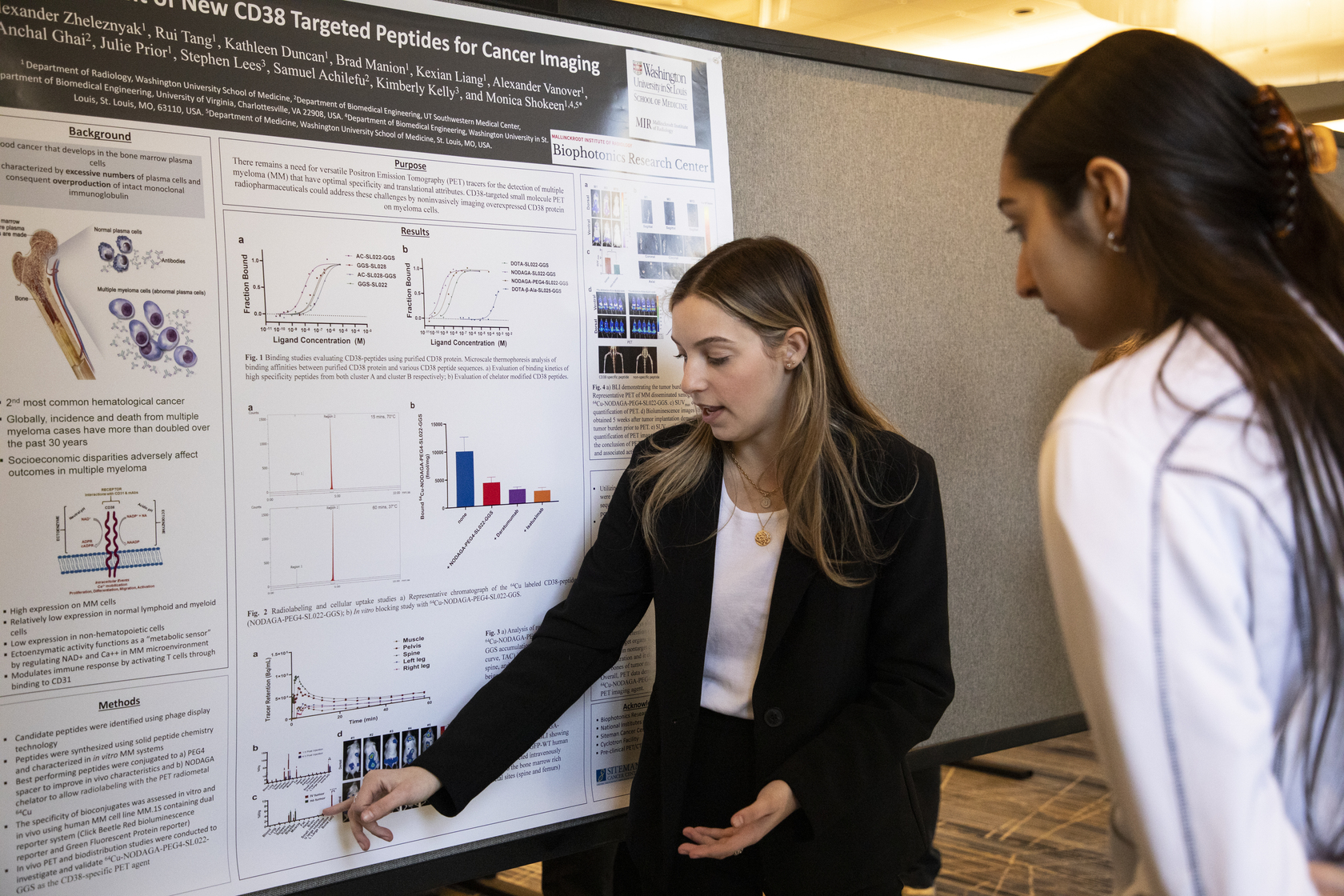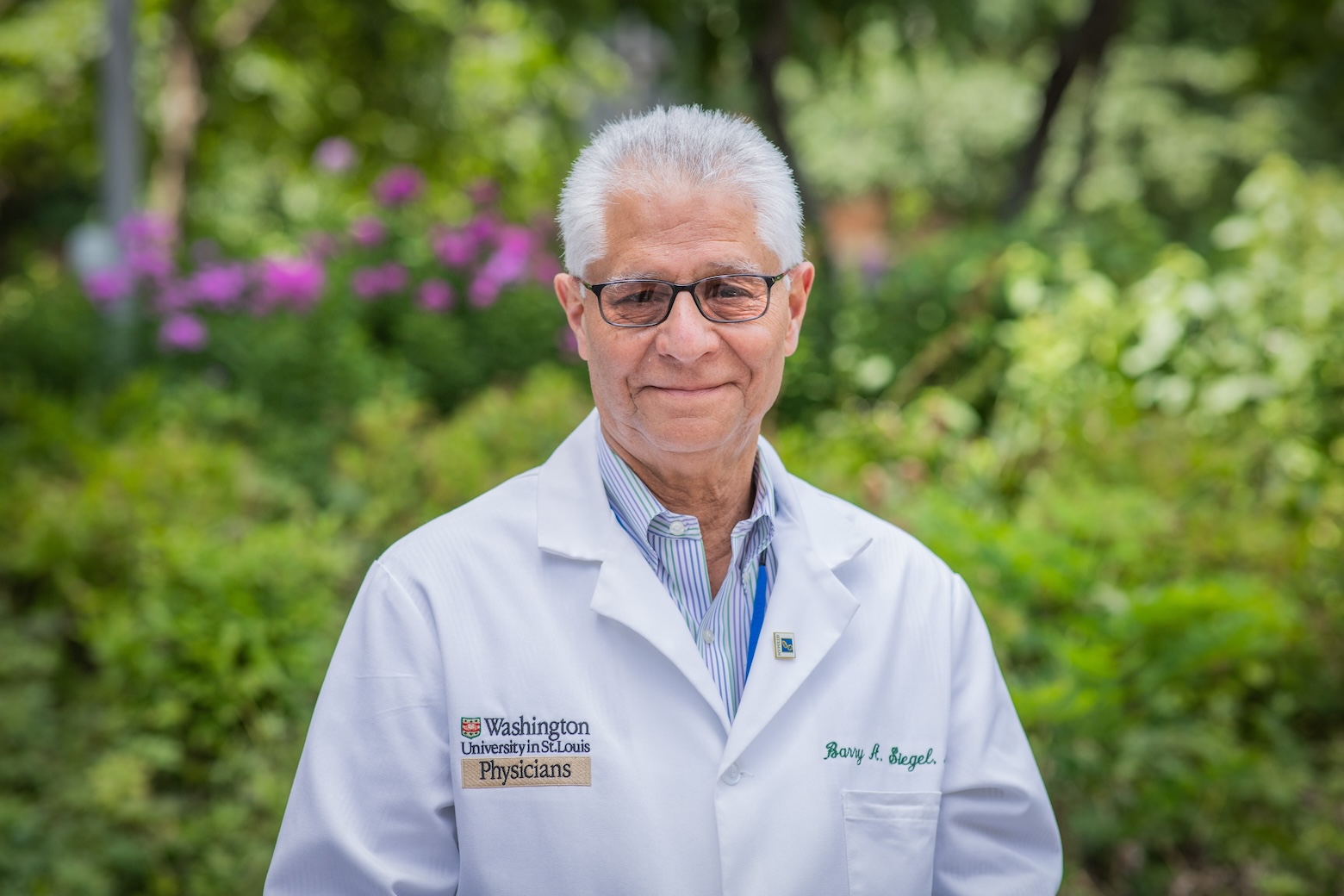February 26, 2019
Take Heart: 5 Tips for Cardiac Health

As American Heart Month winds down, you might have seen at least one heart health poster warning you of the dangers of heart disease. And with good reason — according to the Centers for Disease Control, 1 in 4 deaths in the United States are due to heart disease. The advice is usually as follows: eat healthy, exercise, stop smoking and get enough sleep. But how do you get started? Here are a handful of healthy life hacks you can take beyond February.
- Add color to your plate. We get it. Some of our favorite foods are pretty…brown — french fries, doughnuts, bread. You may feel bombarded with messages about what you can’t eat. But a good first step towards a healthier heart is to add colorful fruits and vegetables to every meal. According to the American Heart Association (AHA), all forms of the foods count (fresh, frozen, canned and dried), as well as all colors. If you’re hesitant or worried about vegetables overpowering your favorite foods, check out these tips for sneaking vegetables into your meals.
- Keep your “walk pack” at work. Don’t have time to hit the gym? Walking has major benefits for your health, and you can do it almost anywhere. Keep a pair of walking shoes and socks in your bag or office, and schedule a daily walk in your calendar. Consider it as an important meeting or appointment.
- Keep your phone away from your bed at night. Our phones can induce stress as text messages, emails and social media notifications abound. But restful sleep is a critical part of operating at your best once you’re awake. Did you know the blue light from your phone or tablet can disrupt your circadian rhythm and melatonin production? The AHA has even more ways you can “clean up your sleep hygiene.”
- If you want to stop smoking, make a plan and set your Quit Day. Whether you want to go cold turkey or wean off cigarettes, you need to plan. There are a lot of approaches to quitting smoking, so do your research and be sure to lock in ways to celebrate your success. Quitting can be tough, but planning your cessation journey ahead of time can help smoothen the process. And if you are eligible, schedule a yearly lung cancer screening.
- Make the doctor’s office your classroom. Your medical appointment may only be 15 minutes, so come prepared. First, you should run any lifestyle or diet changes by your doctor. Second, ask questions. The AHA produced a list of questions for various heart and stroke health issues so you can make the most of your appointment.
Finally, the Heart Disease Prevention Program at Barnes-Jewish Hospital can also help. To make an appointment with a Washington University heart or vascular specialist, call 888-826-6443.





